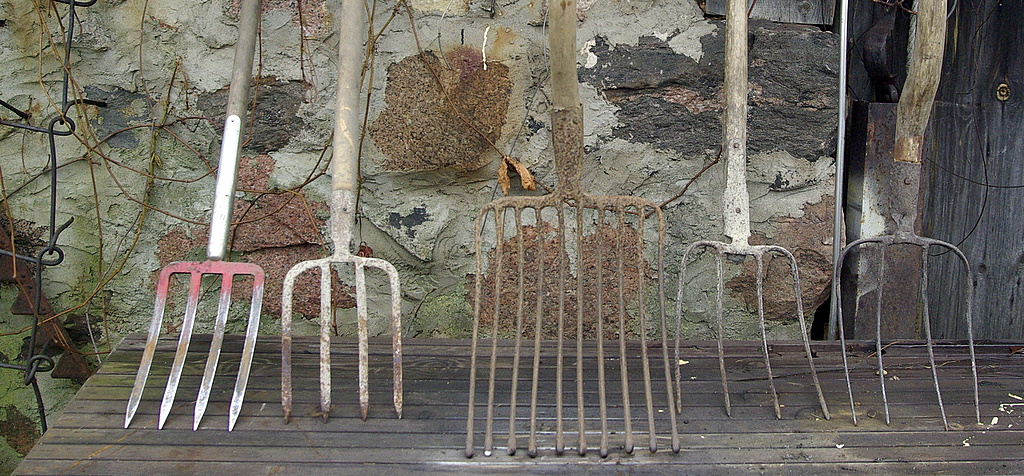It’s pleasing to see that the residents of Derby Road in Southampton have taken a strong stand against the making of ‘Immigration Street’, Channel 4 and Love Productions sequel to ‘Benefits Street’ (a not so much fly on the wall as stir up the hornets style of documentary about the residents of James Turner Street in Birmingham) . According to Homa Khaleeli’s article in the Guardian, the residents of Derby Road (the location of Immigration Street) are concerned that they will be misrepresented in the same way that the residents of James Turner Street were, and the programme will cause a fallout within the community as well as attract TV tourists and racist organisations.
Residents of Derby Road have demonstrated against Love Productions crew by pelting them with flour and eggs, have marched through Southampton and held a protest outside Channel 4 headquarters. However Channel 4 and Love productions are nonetheless planning to show the documentary. According to Kieran Smith, the executive producer, suggestions that the programme will have a negative effect on the community are not true. “The model was to take a street that is ethnically diverse, in an area transformed by immigration and which continues to be a place that immigrants come now, and film it for six to nine months.” Smith told the Guardian.

The residents are not so confident. According to local Labour MP Alan Whitehead, 95 per cent of the local people he has heard from are against filming. Satvir Kaur, a local councillor, told the Guardian that most of the people living in Derby Road are second or third generation immigrants, and consider themselves British as opposed to immigrants. She believes that Derby Street has already been damaged by the programme.
“We have gone from growing up in an open community to feeling like animals in a zoo…..how can Channel 4 justify debating immigration at the cost of ripping up a community.”
According to Khaleeli, Derby Road is a vibrant mix of Asian stores and Somali and North African cafes. The shopkeepers stock Jamaican food and have learned how to greet customers in Lithuanian and Romanian. “It is not just the diversity but the friendliness that is striking,” says Khaleeli.
Many of the original participants in the programme have withdrawn their consent. One participant that Khaleeli spoke to, Barry Short, is anxious about how he will be portrayed. He is landlord of the local pub and fears he will be stereotyped as “the skinhead bastard at the end of the street.” Judging by his photo, he could easily be compared with the white van driver that Emily Thornbury MP photographed for her tweet about Rochester. However Short is very positive about Derby Street.
“When I was first looking at this place, people said: ‘Don’t move to the jungle,’ but I like places like this. There are so many different communities, but they all come together. It’s unsaid, but everyone looks after each other. If they showed it as it is, it’s an amazing place. Coming here is the best move I ever made,” he told Khaleeli.
Love Productions have since had to terminate filming. This is due to more aggressive demonstrations than simply eggs and flour. Apparently the crew been threatened by a criminal gang. They have had their tyres slashed, have been threatened with having acid thrown at them and been pelted with rocks and stones. The local police have confirmed that that Derby Road is a low-level crime area and they are not aware of any local gangs operating there. Channel 4 has also declined to give police statements to enable them to investigate the allegations further. However according to Broadcast, Channel 4 have stated that the “pressure on production staff and contributors” would be reflected in the series. Due to a lack of footage, the series will have to be cut short.
It will be interesting to see if immigration lawyers feature in the programme, and if they are, in what light they are portrayed. Judging by the recent article in the Telegraph that reported that “immigration advisers ‘stress’ vulnerable clients with ‘unrealistic’ legal challenges”, one can assume that the current media appetite is for one that is less than flattering.


